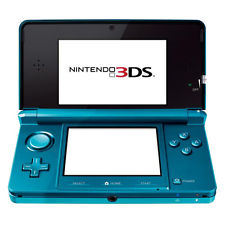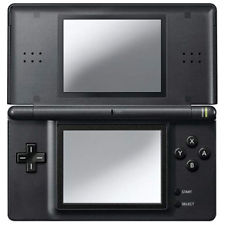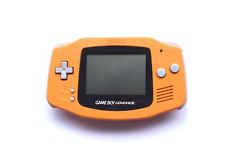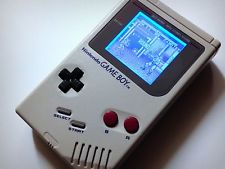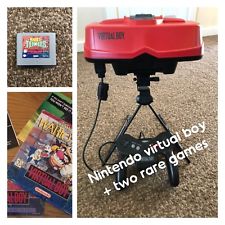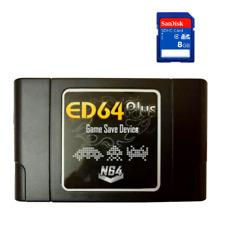Posted By: wraggster
The relentless march of time may bring with it incredible advances in gaming technology, but there's a cost too: with each passing year, the number of working vintage consoles slowly but surely diminishes. Some fail simply due to age, others due to the fact that they've been serving their owners dutifully for much longer than was ever anticipated when they were first manufactured. While it's true that "they don't make them like they used to" (you're unlikely to see many launch Xbox 360 consoles match the Atari 2600 by lasting three decades and still functioning), there's a definite lifespan to these classic systems, and indeed all consumer tech. Sooner or later, they're likely to stop working.Chances are, if you're a keen retro enthusiast, you may already have experienced a death in your (hardware) family - which is one of the reasons why the market for clone systems continues to grow each year. As patents expire and technology progresses, it's becoming easier for third-party manufacturers to legally replicate the performance of past systems in cheap-and-cheerful machines. Companies like Hyperkin - which is preparing to launch its all-in-one Retron 5 system this year - are filling the void left by Nintendo and Sega. Unsurprisingly, neither company is interested in offering replacements for hardware that is now over two decades old, and that's where the clones come in.Challenging Hyperkin in the 2014 "Clone Wars" is fellow industry stalwart Retro-Bit, which has produced numerous clone systems over the past few years, including the RetroDuo and RetroDuo Portable. Keen to capitalise on the renewed interest in clone hardware triggered by the announcement of the Retron 5 - which runs NES, Famicom, SNES, Mega Drive and Game Boy Advance titles - last year, Retro-Bit lifted the lid on its own all-in-one system: the Super Retro Trio. As the title suggests, this device plays three different old-school formats: NES, SNES and Genesis (to give Sega's 16-bit system its North American moniker - the rest of the world refers to it as the Mega Drive). In actual fact, the name is slightly misleading, as Retro-Bit's machine is also capable of playing Game Boy Advance and Game Boy games via additional peripherals - which we'll get on to shortly.At a cost of $69.99 - that's just over £40 - this console is hardly going to break the bank, and it's worth keeping that low price in mind when you rip open the packaging and delve inside. The Super Retro Trio is sturdy enough, but it's a long way from being a premium product. It feels light, and the cheap plastic used in its construction does little to instill confidence. When removing games from the cartridge slots, there's a definite degree of flex to the top part of the casing but even so, it never feels like it's going to fall apart at any point and the myriad controller ports on the front - a pair for each of the replicated formats - are solid enough.
http://www.eurogamer.net/articles/di...ro-trio-review
 NES
NES





